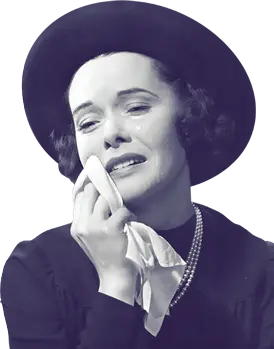The movie can be classified as a surrealist or absurdist satire, and it is based loosely on the third book of Gulliver’s Travels by Jonathan Swift, but the story is transferred to an early 20th-century world in decay. The movie shows also the influence of Franz Kafka and Lewis Carroll (Alice’s Adventures in Wonderland).
The satire is aimed at the Czechoslovakian society, and the movie was soon banned after its release in 1970. That meant also the end of Juráček’s career.
Lemuel Gulliver (Lubomír Kostelka) has had a car accident and continues his journey across the unknown countryside on foot. On the road he finds a dead rabbit dressed like a man and takes a watch from its waistcoat breast pocket. The half-ruined house that he enters reminds Lemuel of his childhood and brings up a painful memory of a dearly loved girl Markéta who was drowned years ago. Gulliver finds himself in Balnibarbi, a country where he doesn’t understand the laws and habits and so continually offends against public decency. It is a day when people are ordered to keep their mouths shut and they force their visitor to follow suit. He faces harsh interrogation and finds it difficult to explain that he is not the rabbit Oscar whose watch has been found in his possession.


























